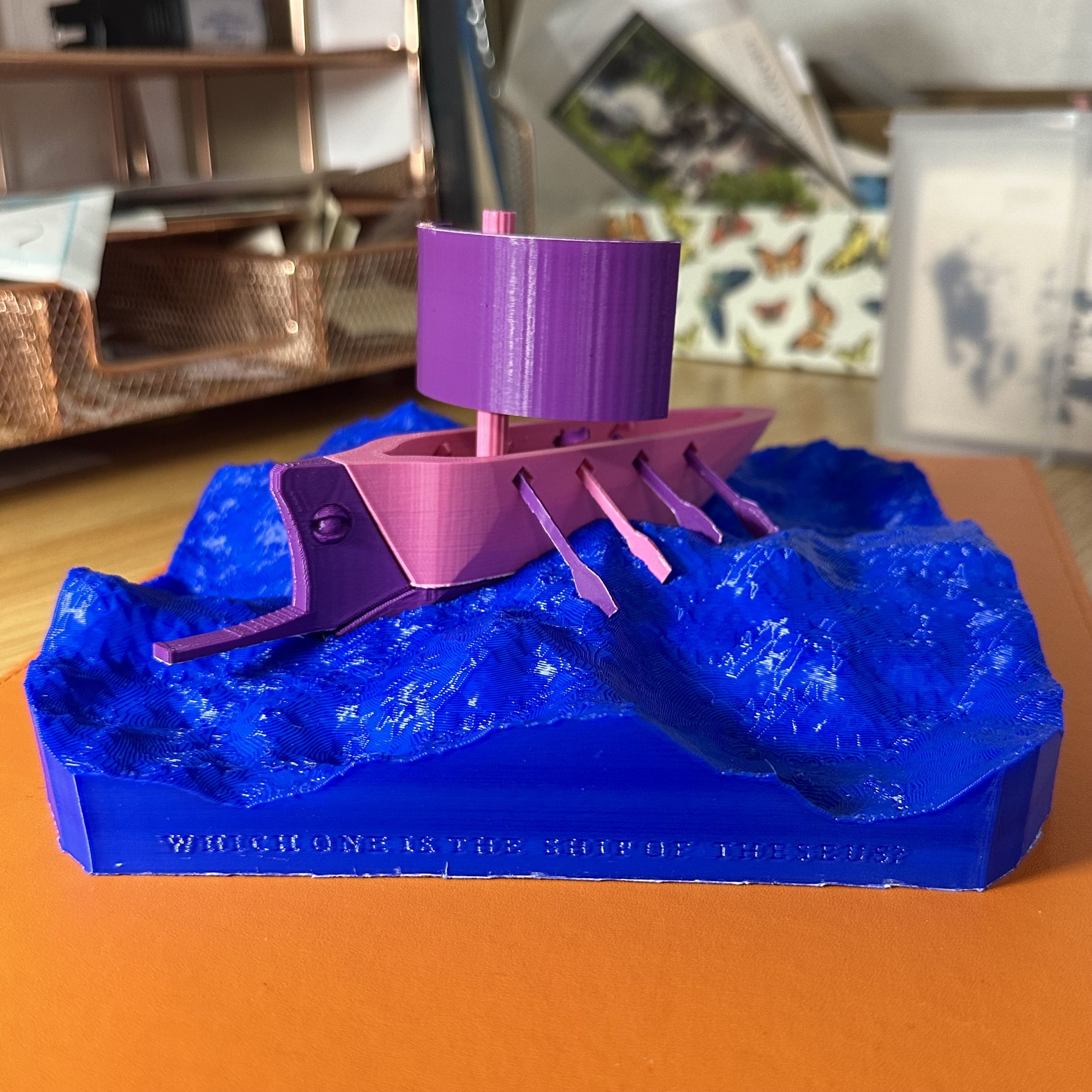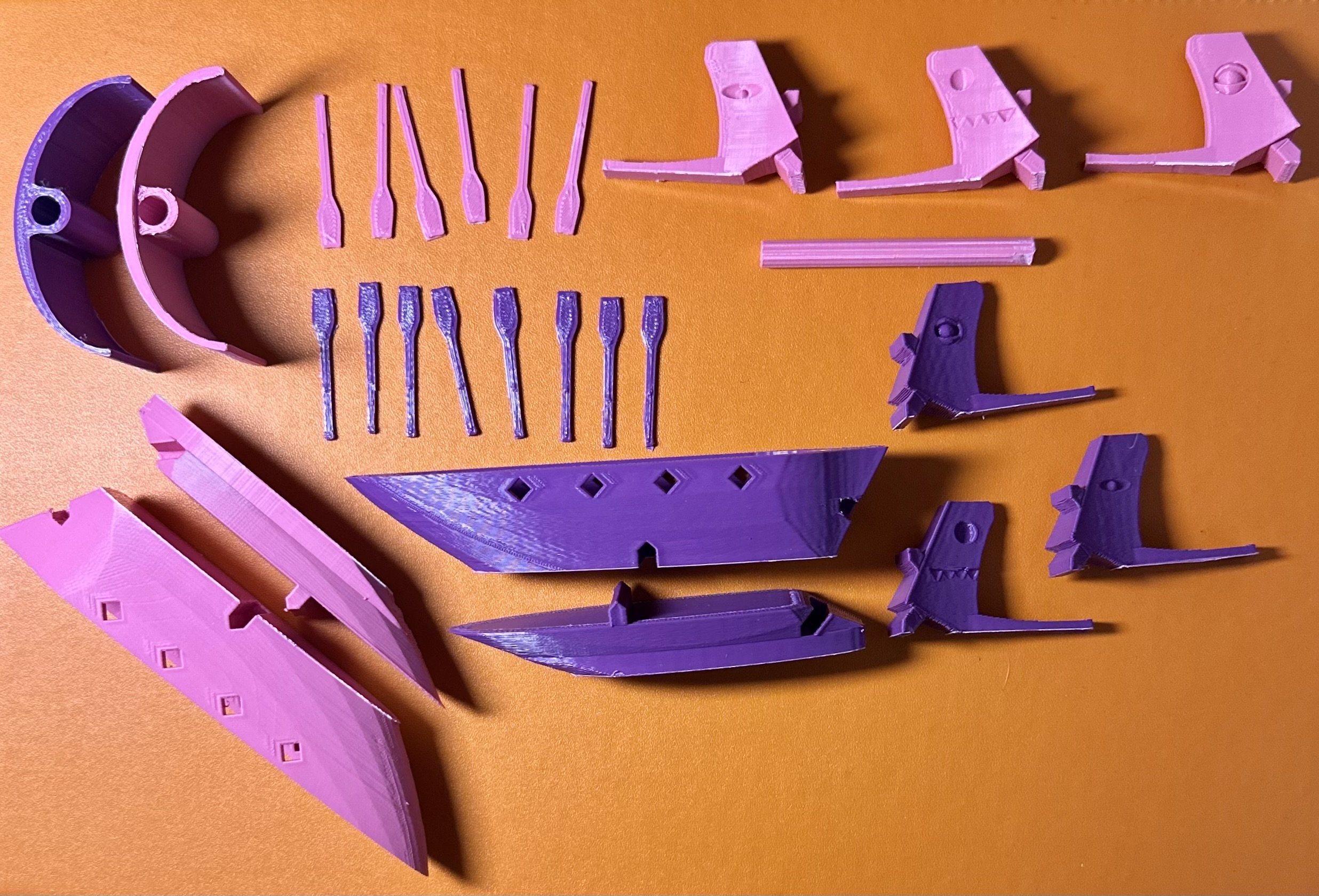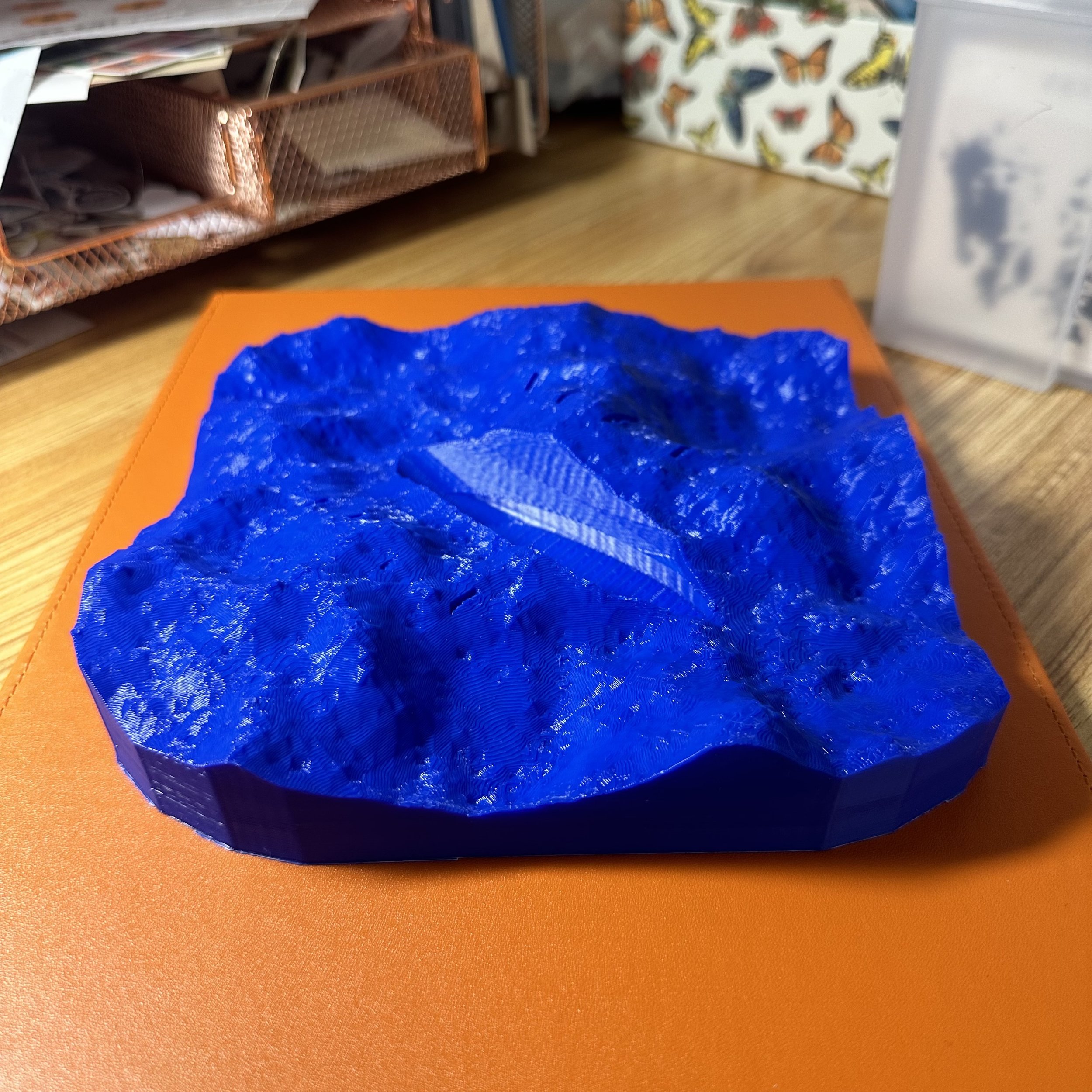



The Ship of Theseus
-
The Ship of Theseus is a thought experiment about the nature of identity over time. It is first described by the ancient Greek historian Plutarch in his Life of Theseus, but has been revisited and expanded upon by many later thinkers into the present day.
The thought experiment goes like this:
Imagine an ancient ship that has survived to the modern day, said to once have belonged to the Greek hero Theseus. After many centuries of continuous sailing, the ship has had every one of its original parts replaced at least once, with each worn-out part being replaced as needed. Is this fully restored ship still the same ship that belonged to the hero Theseus, even though not a single original part remains?
The 17th Century philosopher Thomas Hobbes adds a further twist. What if, Hobbes asks, the old replaced parts were reassembled to create a second ship? Now, we face an even deeper question: which of the two ships, if either, has the better claim to being the true Ship of Theseus? Is it the ship that has been sailed continuously since the days of Theseus but which lacks original parts? Or is it the ship that has been assembled one-by-one from those same original parts?
This activity set consists of two ships in different colors, each made of various interchangeable parts. The learner can replicate the thought experiment by beginning with an ‘original’ ship in one color and gradually replacing each of its parts with those in the other color. Then, the original, replaced parts can be put back together to form a second ship.
Components:
Base reading ‘Which one is the Ship of Theseus?’, with ocean waves and a niche for a ship model. If desired, two bases can be used to display both ships in their final forms.
One set of ship parts printed in one color. For the sake of fun, files for multiple different versions of the ship’s decorated ram have been provided.
One set of ship parts printed in a second color.
-
3D printer and filament
-
-
Violet Hernandez (Primary), Morgan Chivers, Eli Shupe
How does identity persist across time?
